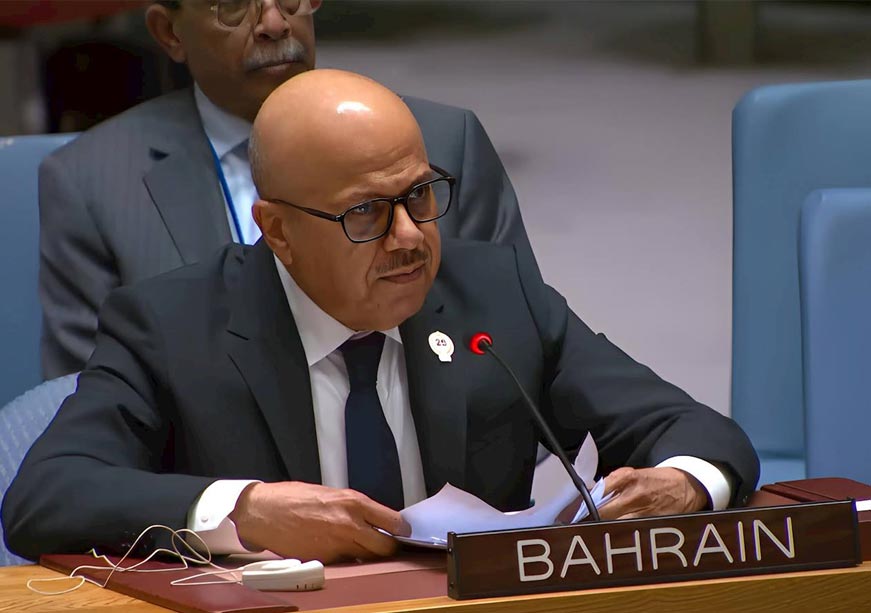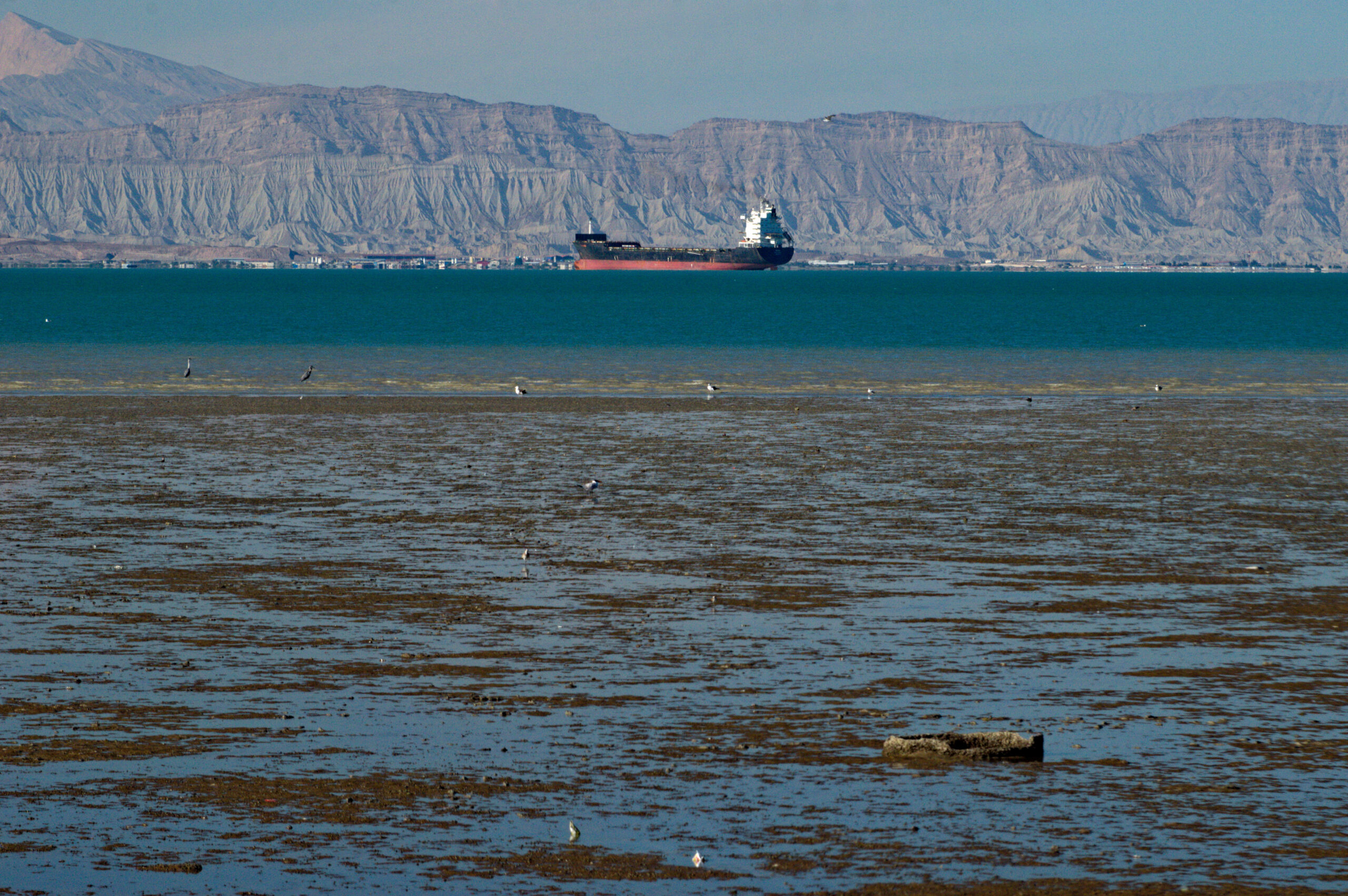Elected to the UNSC, Bahrain must reconcile Arab solidarity with its partnership with Israel under the Abraham Accords.
Introduction
In June, Bahrain secured non-permanent membership to the United Nations Security Council (UNSC) for 2026-2027. It is the second Abraham Accords signatory to be elected as a non-permanent UNSC member, the first being the UAE. Bahrain had campaigned under the theme “Building Bridges of Peace for the Present and Future.”
From one perspective, it may seem that the Accords helped both countries elevate their international status. The signatories solidified their status as peace-makers and edged to a closer relationship with Israel’s main ally in the UNSC, the United States. However, this only speaks to one aspect of the dynamics of such a membership. Israel may be concerned that the Abraham Accords signatories have a differing approach to multilateral platforms than minilateral or bilateral ones, especially when they represent the Arab nations in the UNSC.
Bahrain’s Arab Mandate and the Palestinian Cause
For the UAE, representing Arab nations at the UNSC during its 2022-2023 term was a great opportunity to elevate humanitarian causes. During its tenure, it drafted a resolution that called on Israel to halt the expansion of settlements in the Palestinian territories. It also led the council to adopt a resolution aimed at scaling up aid to the Gaza Strip—something that was seen as a major accomplishment, having received 13 votes in favour and two abstentions from the US and Russia.
Tensions are already high following Israel’s attack on Qatar and the reaction of Bahrain and the wider Gulf region, on top of an intensifying war in Gaza and threats to annex the West Bank.
Bahrain, in turn, has emphasised that its election was thanks to the “Arab and Islamic countries, as well as the group of Asia-Pacific countries that endorsed this candidacy, affirming that Bahrain will be a voice for peace, justice, and humanity, a defender of Arab, Islamic, and Asian rights”. During the candidacy process, Bahrain’s Foreign Minister Dr. Abdullatif Al Zayani said “Bahrain will ensure that the voices of Arab, Middle Eastern, and Asian countries are heard and respected within the Council and will pay special attention to enhancing peace and stability in the Middle East region, particularly in Gaza, making every possible effort to achieve a ceasefire, ensure the release of hostages and detainees, and support humanitarian efforts and reconstruction.”
Israel will be concerned about this. Besides the statement above, the Bahraini foreign minister also stated during the meeting of the Council of Foreign Ministers of the Organisation of Islamic Cooperation (OIC) held in Jeddah in August 2025 that the island would use its membership to “prioritise the Palestinian cause and highlight its justice internationally, renewing its full commitment to support the Palestinian people in their pursuit of legitimate rights and ending occupation”. This may put a strain on the Abraham Accords, with Bahrain putting the Palestinian cause at the forefront of its foreign policy. Tensions are already high following Israel’s attack on Qatar and the reaction of Bahrain and the wider Gulf region, on top of an intensifying war in Gaza and threats to annex the West Bank.
Advancing the Bahrain Summit Agenda and Moderating the Arab Position
Another major outcome of the membership, which Bahrain has already alluded to, is the chance to follow up on the implementation of the outcomes of the Bahrain Summit. Bahrain hosted the 33rd Arab Summit in Manama on May 16, 2024. This was the first time the Kingdom hosted the summit, though not its first chairmanship. While Arab leaders at the summit reiterated many of their pro-Palestinian positions, the Bahrain declaration notably called for a UN-backed international conference to resolve the Palestinian issue. Bahrain had said it would be honoured to host the conference “in support of the rights of the Palestinian people and to establish fair and lasting peace in the region”. Announced in the presence of the UN Secretary General, the declaration also called for the deployment of UN Peacekeeping forces in the Palestinian territories until the two-state solution is implemented.
For Israel, the Kingdom’s outspoken stance is significant, as most other potential Arab representatives in the council might not have gone as far.
Still, it is notable for Israel that Bahrain has underscored the need for “a secure Israel” and “the release of all hostages” in almost every statement it has issued in reference to its election to the council. For Israel, the Kingdom’s outspoken stance is significant, as most other potential Arab representatives in the council might not have gone as far. Bahrain has the chance not just to relay the Arab position, but to also moderate it.
Conclusion
Ultimately, Bahrain’s forthcoming UNSC tenure will test its ability to balance Arab solidarity, the priorities set forth in the Bahrain Summit, and Israel’s expectations under the Abraham Accords. Its campaign rhetoric and early statements suggest that Manama will seek to position itself as a bridge-builder — advocating the Palestinian cause while still recognising Israel’s security concerns. This dual posture may allow Bahrain to moderate Arab positions and promote pragmatic steps toward peace. However, there is also the risk of its relationship with Israel souring if council debates become highly polarised. Bahrain’s success will be measured by whether it can turn its slogan of “Building Bridges of Peace” into tangible diplomatic outcomes.
Mahdi Ghuloom is a Junior Fellow, Geopolitics at the Observer Research Foundation Middle East.











